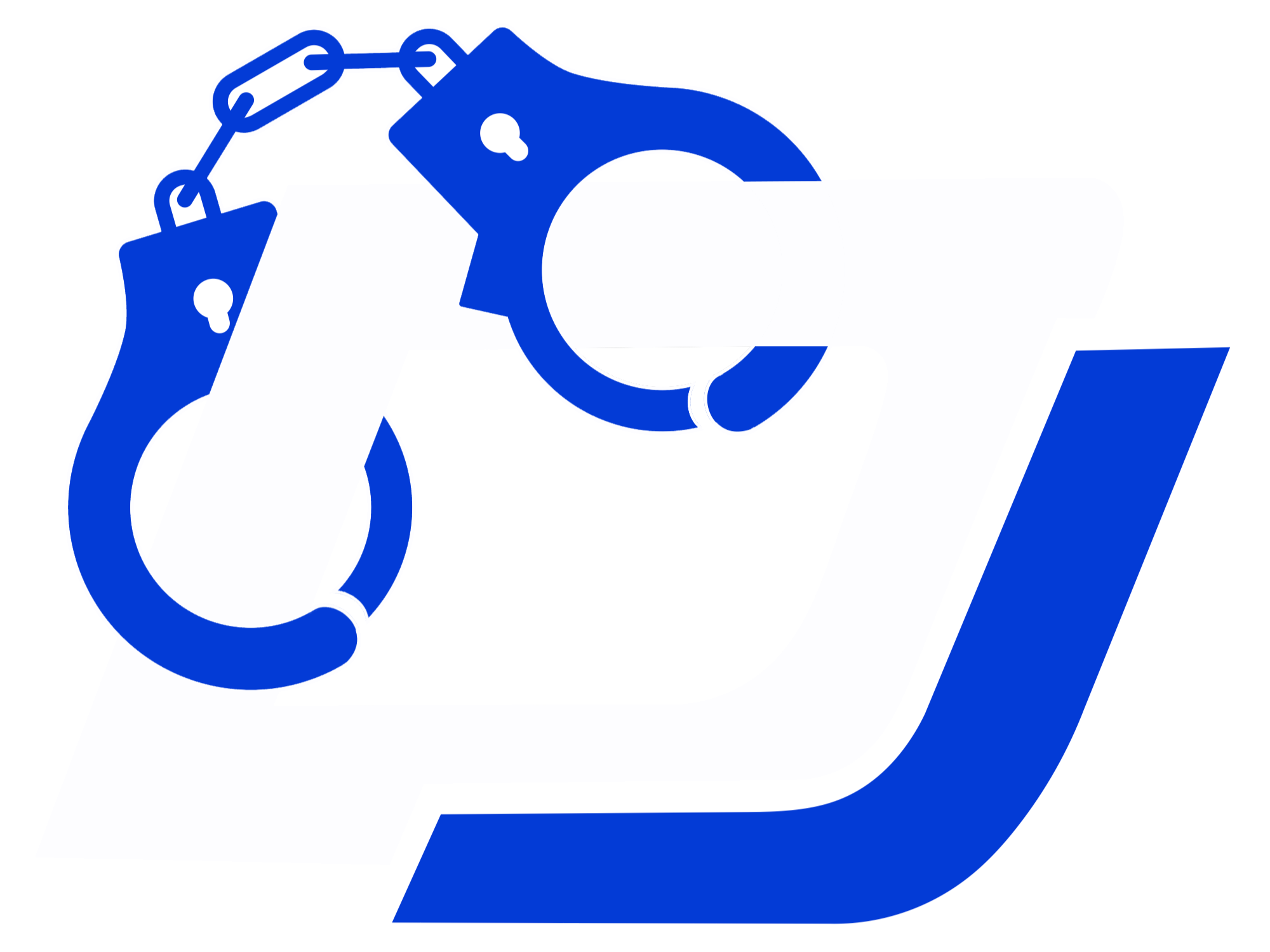How Bail Works

How Bail Works
How Do I get a Bail Bond
“How can I get a bail bond?” you might wonder. Answer: It’s easy and quick – it should take no more than 30 minutes.
We’ll need some information from you, such as your relationship to the individual in jail, how long you’ve lived in your current location, and how long you’ve worked at your current job. This provides us a solid idea of who you are – the possible signer for the indicted defendant. It’s actually that easy. Remember, all we do is bail folks out of jail!
FACT: A bail bondsman assures the court that the defendant will appear in court to face his or her charges.
The Bond’s Basic Structure
What Happens To Someone Who Has Just Been Arrested?
This is a common question asked by individuals who are assisting someone get out of jail for the first time. The arrestee is first brought to a holding facility where they are ‘booked in.’ Fingerprinting, the mug shot, and a search to see whether there are any outstanding warrants are all part of the booking process. The charges have been confirmed, and the bail amount has been determined. This procedure could take several hours. The person is eligible for bail if there are no existing warrants and the crime is not a capital offense (murder).
Is a Forfeiture an Option?
This appears to be a subject that the majority of people are unfamiliar with. When a person fails to appear in court, the action of forfeiture is taken. Although it may jeopardize the bail agreement and the court’s perception of the defendant, it can sometimes be resolved easily. We understand that things can go wrong, and that failing to appear in court at the appropriate time and location is one among them. Yes, a bench warrant will be issued, but remember that in many circumstances, a bail bond business can be a great friend. We are familiar with the judicial system and can advise you on how to best deal with the courts. So, if the defendant fails to appear in court, please let us know right away. We are here to serve you, our valued customer.
What is Exoneration, and When Will I Be Free of My Financial Obligation?
Exoneration of charges refers to a person’s complete release from their court cases, which signifies that they have been in court at all needed times and have satisfied the court with the final sentencing/determination on all counts. The bail business will thereafter be released from all financial obligations by the court. This means that you, as the signer, are no longer responsible for the bond’s financial obligations. Any collateral, monies pledged, or property recorded in connection with this bond shall be repaid or returned. (Depending on the bond, some costs may be deducted.)
How Do I get a Bail Bond
“How can I get a bail bond?” you might wonder. Answer: It’s easy and quick – it should take no more than 30 minutes.
We’ll need some information from you, such as your relationship to the individual in jail, how long you’ve lived in your current location, and how long you’ve worked at your current job. This provides us a solid idea of who you are – the possible signer for the indicted defendant. It’s actually that easy. Remember, all we do is bail folks out of jail!
FACT: A bail bondsman assures the court that the defendant will appear in court to face his or her charges.
The Bond’s Basic Structure
What Happens To Someone Who Has Just Been Arrested?
Is a Forfeiture an Option?
This appears to be a subject that the majority of people are unfamiliar with. When a person fails to appear in court, the action of forfeiture is taken. Although it may jeopardize the bail agreement and the court’s perception of the defendant, it can sometimes be resolved easily. We understand that things can go wrong, and that failing to appear in court at the appropriate time and location is one among them. Yes, a bench warrant will be issued, but remember that in many circumstances, a bail bond business can be a great friend. We are familiar with the judicial system and can advise you on how to best deal with the courts. So, if the defendant fails to appear in court, please let us know right away. We are here to serve you, our valued customer.
What is Exoneration, and When Will I Be Free of My Financial Obligation?
Exoneration of charges refers to a person’s complete release from their court cases, which signifies that they have been in court at all needed times and have satisfied the court with the final sentencing/determination on all counts. The bail business will thereafter be released from all financial obligations by the court. This means that you, as the signer, are no longer responsible for the bond’s financial obligations. Any collateral, monies pledged, or property recorded in connection with this bond shall be repaid or returned. (Depending on the bond, some costs may be deducted.)
When you have a run-in with the law and need a bail bondsman, choose DJ’S Bail Bonds. We have licensed agents to help you with all of your bail bond needs.
For more information on all our bail bond services, call us anytime at (318) 561-2222.
We look forward to helping you get home fast
Sincerely, DJ
Owner of DJ’S Bail Bonds
